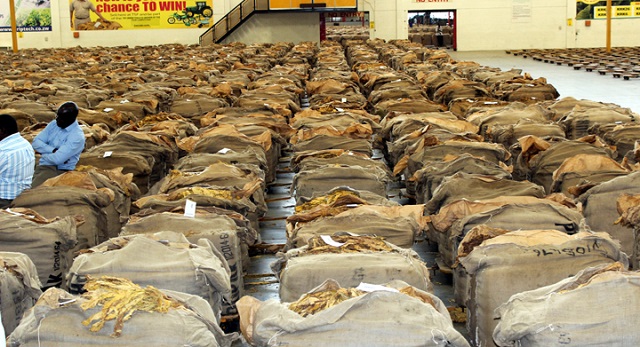Bond notes spur SMEs

Kiyapili Sibanda, Business Reporter
SMALL to Medium Enterprises (SMEs) in Bulawayo say the recent introduction of bond notes has induced increased consumer spending, which is good for the sector.
Several small businesses suffered low business on the back of cash shortages. For the better part of 2016 the bulk of the informal sector reported loss of business as most entrepreneurs rely on cash sales and could not benefit from the use of plastic money.
However, year 2017 is promising to bring big business for SMEs, following the introduction of bond notes, which have improved liquidity, says Mr Energy Majazi, head of SMEs Chamber in Bulawayo.
He said the informal sector embraces bond notes like other businesses and that the new currency was being used well for all transactions.
The Reserve Bank of Zimbabwe (RBZ) introduced bond notes as an export incentive in November and has so far injected about $73 million worth of notes into the market.
The new notes have eased demand for the United States dollar.
“Shortage of cash has vastly affected the viability of SMEs and this makes it difficult to survive under the harsh conditions prevailing in the economic sector of the country,” he said.
Moving into 2017 Mr Majazi said the future of SMEs was bright despite the liquidity crunch as more bond notes are still to be released.
The RBZ is set to drip-feed the remainder of the $200 million bond notes into circulation in tandem with the value of exports.
Mr Majazi also said SMEs were in talks with property owners such as Old Mutual who have availed them space for rental.
He said Old Mutual has already availed them 1 323 square metres of space in the city with capacity to accommodate about 33 SMEs.
He said SMEs who are into clothing, leather and printing sectors are occupying the property at Unit “2a” and “B” OK Mart premises under the Bulawayo Chamber of SMEs.
Mr Majazi urged the Government to avail more funding to SMEs to enhance their capacity to supply locally and for export.
“The future viability and prosperity of the SME sector depends on the effectiveness of private-public sector partnerships as well as bridging the gap between the Government policy making and implementation at the grassroots,” he said.
“We need to have our own infrastructure in order for us to go an industrial path and the Government must fund us because we are the fastest growing viable businesses, for example, cross-border trading activities and flea market economy.”
Mr Majazi said that SMEs must be given credit lines that can be guaranteed by the Government.
The Government through the Ministry of Small to Medium Enterprises and Co-operative Development has been on a crusade to facilitate formalisation of the informal sector.
— @Kiyaz_Cool.










Comments